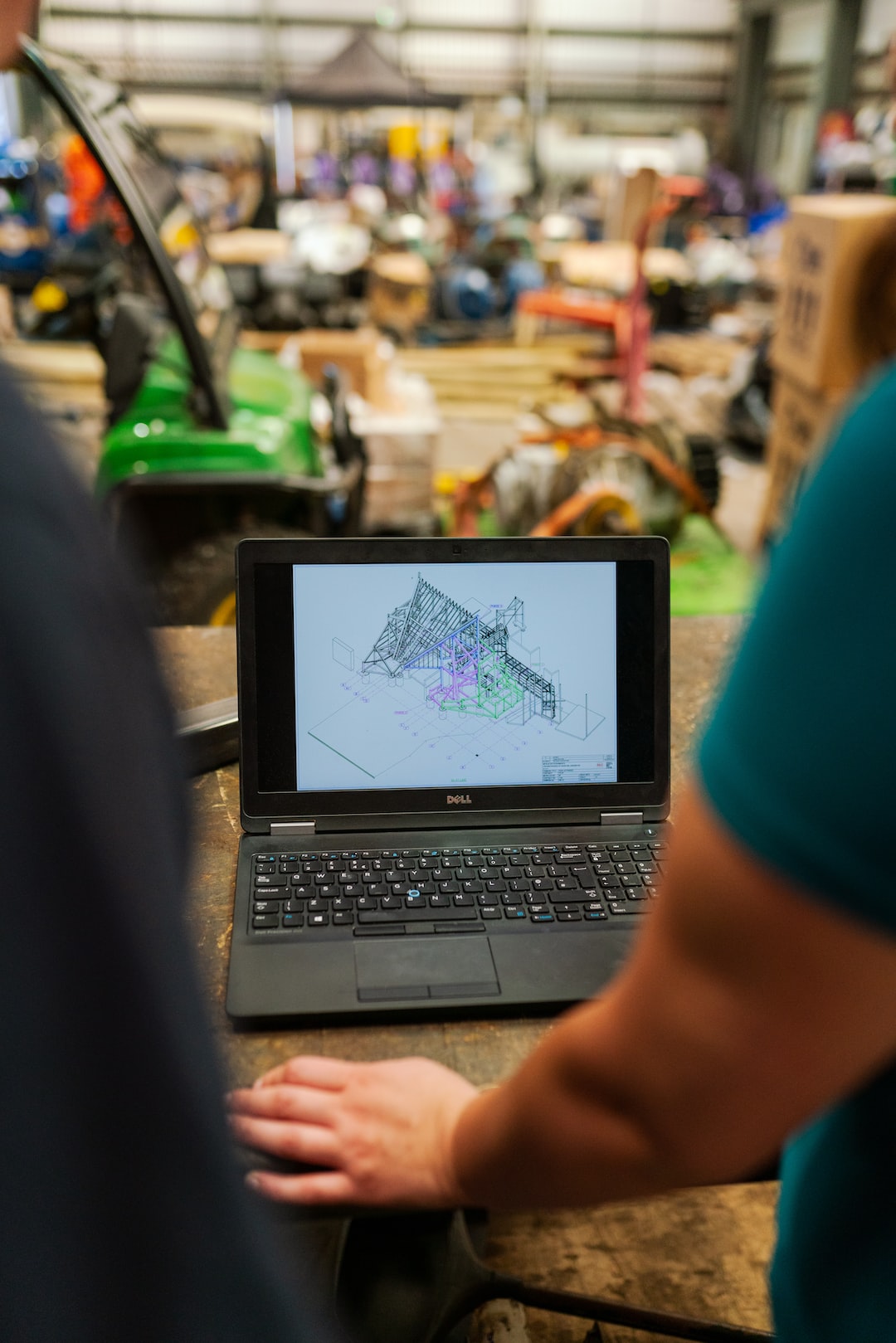Environmental engineering is a field that has undergone significant transformations over the years. From its origins in pollution control to its current focus on sustainability, this discipline has continually evolved to address the ever-growing environmental challenges that our world faces.
In the early days, environmental engineering primarily focused on mitigating pollution and its harmful effects on the environment and human health. This involved the development of wastewater treatment systems, air pollution control technologies, and solid waste management techniques. The goal was to reduce the negative impacts of industrial activities and urbanization on the natural environment.
However, as our understanding of environmental issues expanded, so did the scope of environmental engineering. The field shifted from purely reactive solutions to preventive measures. Environmental engineers started to work towards minimizing pollution at its source rather than only treating its consequences.
One of the biggest turning points in the field’s evolution was the growing awareness of the finite nature of our planet’s resources. This realization led to the integration of sustainability principles into environmental engineering practices. Today, sustainability is at the forefront of this discipline, with a key focus on finding innovative and sustainable solutions to environmental challenges.
The emphasis on sustainability has led to the emergence of new sub-disciplines within environmental engineering. These include renewable energy systems, green infrastructure design, and sustainable land development. Environmental engineers are now working to integrate renewable energy sources into existing energy infrastructure, design buildings that minimize energy consumption, and develop sustainable water management strategies.
Another aspect of the evolving field of environmental engineering is the increased use of technological advancements. The advent of sophisticated modeling and simulation tools has revolutionized the way environmental engineers analyze and predict the behavior of complex environmental systems. This has allowed for more accurate assessments of the potential impacts of human activities on the environment, enabling better-informed decision-making.
Furthermore, environmental engineers are increasingly collaborating with experts from other fields to address environmental challenges comprehensively. Collaborative efforts between environmental engineers, architects, urban planners, and policymakers have resulted in the development of holistic and sustainable solutions that consider both the environmental and societal dimensions.
In conclusion, the field of environmental engineering has come a long way from its early days of pollution control. Today, it embraces a broader perspective that encompasses sustainability, renewable energy, and innovative technologies. As our understanding of environmental issues deepens, the relevance and importance of environmental engineering will only continue to grow. Through constant innovation and collaboration, environmental engineers are working towards a sustainable future, where the needs of present and future generations can be met without compromising the health of our planet.

